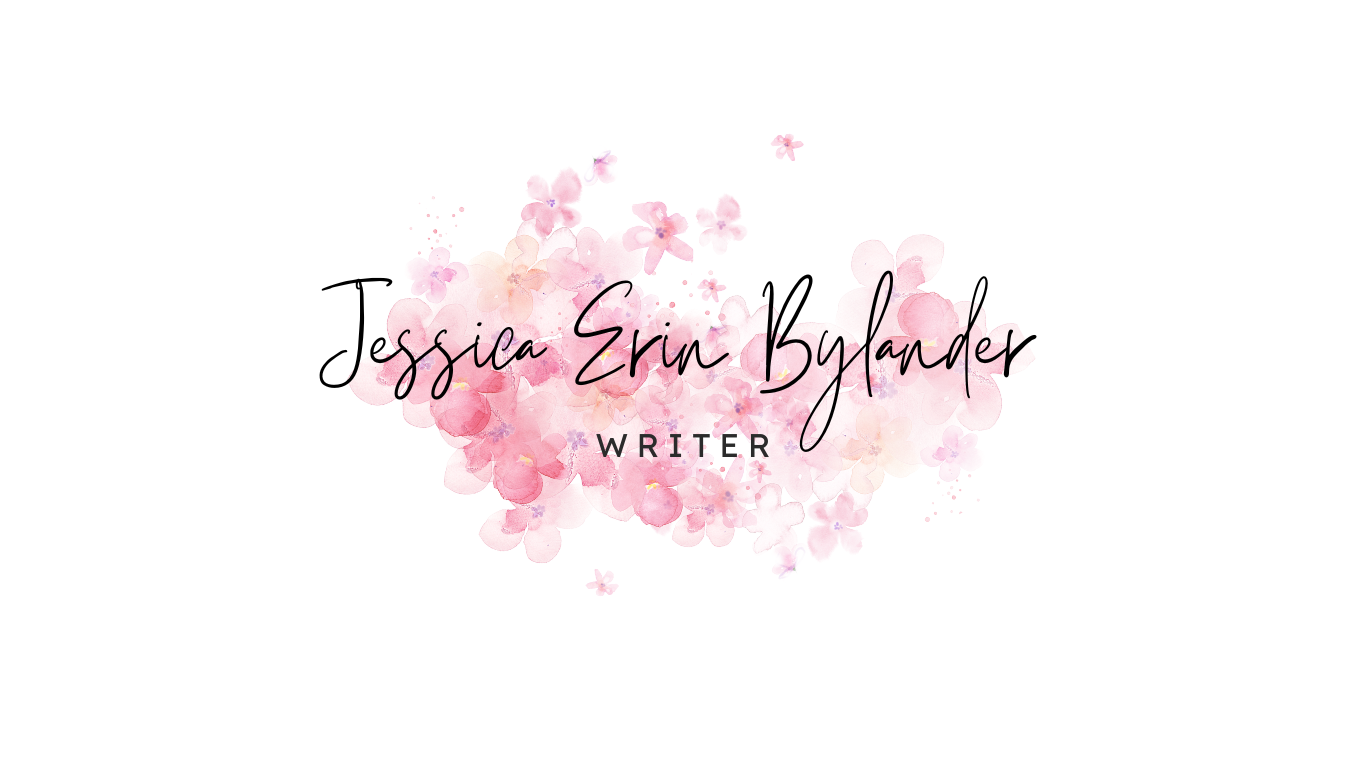5 Lessons from AWP 2016
This past week, I traveled to sunny Los Angeles to attend the Association of Writers and Writing Programs’ (AWP) annual conference. Now I’m back, and boy are my … ears? … tired? I was anxious before the event — 12,000 attendees being kind of a lot — and mentally prepared for some burnout and possibly a nervous breakdown or two. Well, zero nervous breakdowns later, I’d say my first AWP was a success. I learned a lot, met up with ladies from the Women’s Fiction Writers Association, hob-nobbed with strangers, saw some LA-based friends, and left feeling inspired to attack my WIP with extra glitter (figuratively, as glitter is the devil’s embellishment).
As with the WFWA retreat last year, I learned a lot at this conference, but here are the top five take-aways I’ll be applying to writing (and life) in the coming months:
- Take rejections with a grain of salt — and an open mind. I went to two agent panels at the conference, and they put the querying stakes in better perspective. Some agents receive upwards of 100 queries a week, and many noted that they accept about 1-2 new clients a year from their “slush pile,” as those unsolicited queries are called. That’s clearly not a lot. So when an agent doesn’t connect with your pitch, consider how selective they have to be. If you still believe in your book as is, keep pitching it to more people. If agents identify some weaknesses that resonate with you, consider whether you have more work to do, or whether a new project is a stronger contender. As ever-not-in-your-favor as the odds may seem, if you write a stellar book, talk it up in a solid pitch, and the timing is right, someone will take notice. As agent Erin Harris of Folio Lit noted at the panel, “slush” is really an unfortunate word, as most agents love their slush piles as a source of potential gems. Michelle Brower of Zachary Shuster Harmsworth Literary and Kuhn Projects called the slush pile the “great democratizing tool” — she’s plucked books from the slush that ended up as bestsellers. (And one even became a TV series. That I’ve seen!)
- Travel can bring a sense of wonder back to your writing. I don’t get to travel as much as I’d like, but magical things can happen to your writing when you can get away. The first book I ever finished writing began as scribbles in a notebook while I was traveling through Cameroon with my mom. I began with observations about the journey, but my notes soon gave way to an actual story, set nowhere near Africa, but brought to life by the act of travel and the habit of daily writing. In an AWP panel about “Writing from the Road,” poet Kai Carlson-Wee said that travel allowed him to “remember life more significantly.” His attention to language changed while traveling, and that which had become familiar and staid to him became brand new again. I love that. My current WIP involves a ton of travel, so I’m looking forward to getting on the road, even for short trips, as much as I can.
- Your setting can be as complex and fully developed as a character in your book. I like the concept of giving your setting a personality. What first impression do they give off, versus what “true self” do they reveal as you get to know them over time? A panel of YA writers at AWP discussed how writers can use personality, language, history, culture, food, clothing, and other techniques to create a vivid sense of setting. I especially loved author Jessica Love‘s idea of giving your setting an arc throughout the book, so that either the setting itself changes from the beginning to the end (more feasible in sci-fi/fantasy books) or the way the character interacts with the setting has changed by the final pages.
- Writer’s block (if you believe in it) isn’t always resolved by writing. In everyone’s favorite musical Hamilton, Lin-Manuel (as Alexander Hamilton) finds himself in an early American pickle at one point and sings “I’ll write my way out.” Writing in that sense seems as powerful as a stick of dynamite, as practical as a map, and as cunning as a secret code. When writers are feeling blocked or uninspired, we’re often advised to write our way out of it. This isn’t bad advice, but I appreciated the alternative perspective from nonfiction writer Susan Orlean at AWP: maybe don’t push through it. There are three key pieces to nonfiction (and fiction) writing, Orlean says: reporting, thinking, and writing. If you’re stuck, maybe there’s more you need to learn before you can continue. Poet D. A. Powell added that 90% of writing is input. You must leave time to take things in. So maybe you’re not blocked per se. Maybe you’re just, um, absorbing.
- Give yourself a break. Feel free to read this any number of ways. Writing not going well? Give yourself a break and read something. Queries being rejected almost faster than you can send them out? Give yourself a break and work on something else for a while. Conference sessions leaving you overwhelmed or overloaded with info? Take a break and eat some fries (I did this twice).
I hope my fellow AWPers had as much fun as I did. Seemed like it! Maybe I’ll see you all at the next one, here in my own backyard in Washington, D.C.

Next






Add comment